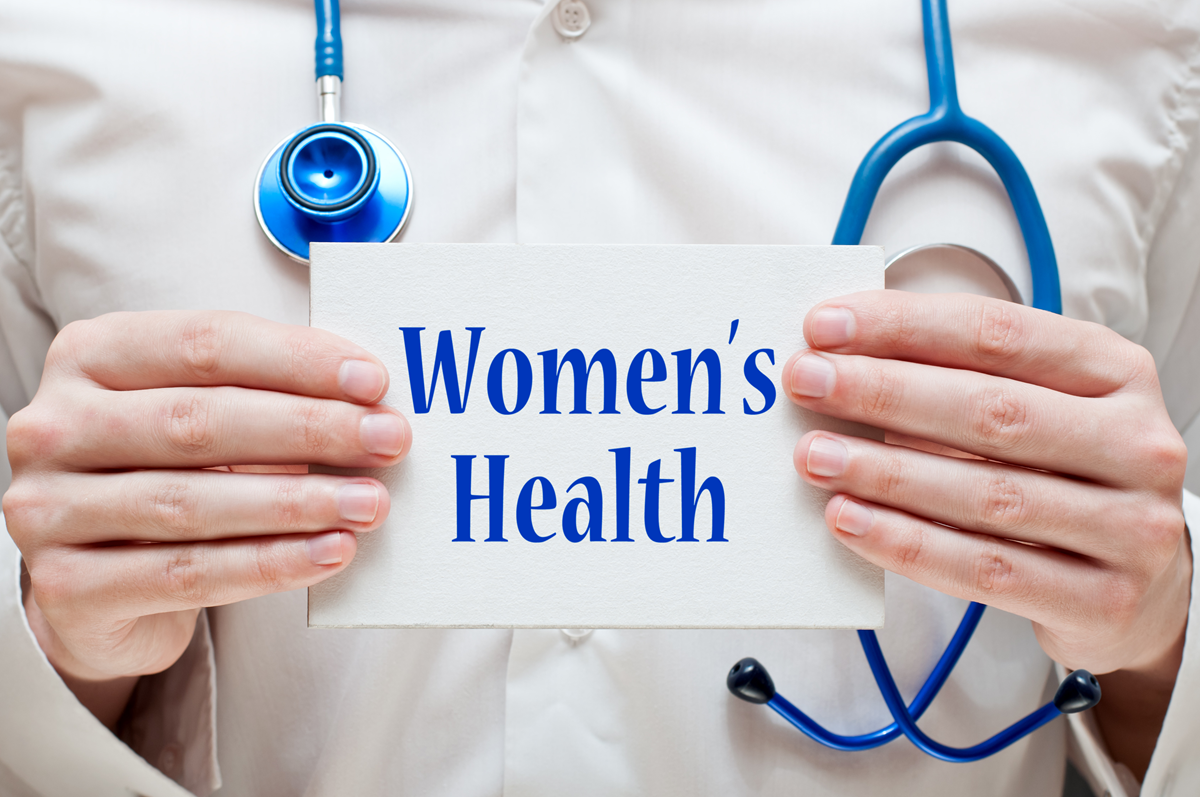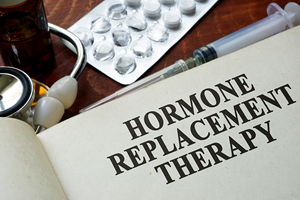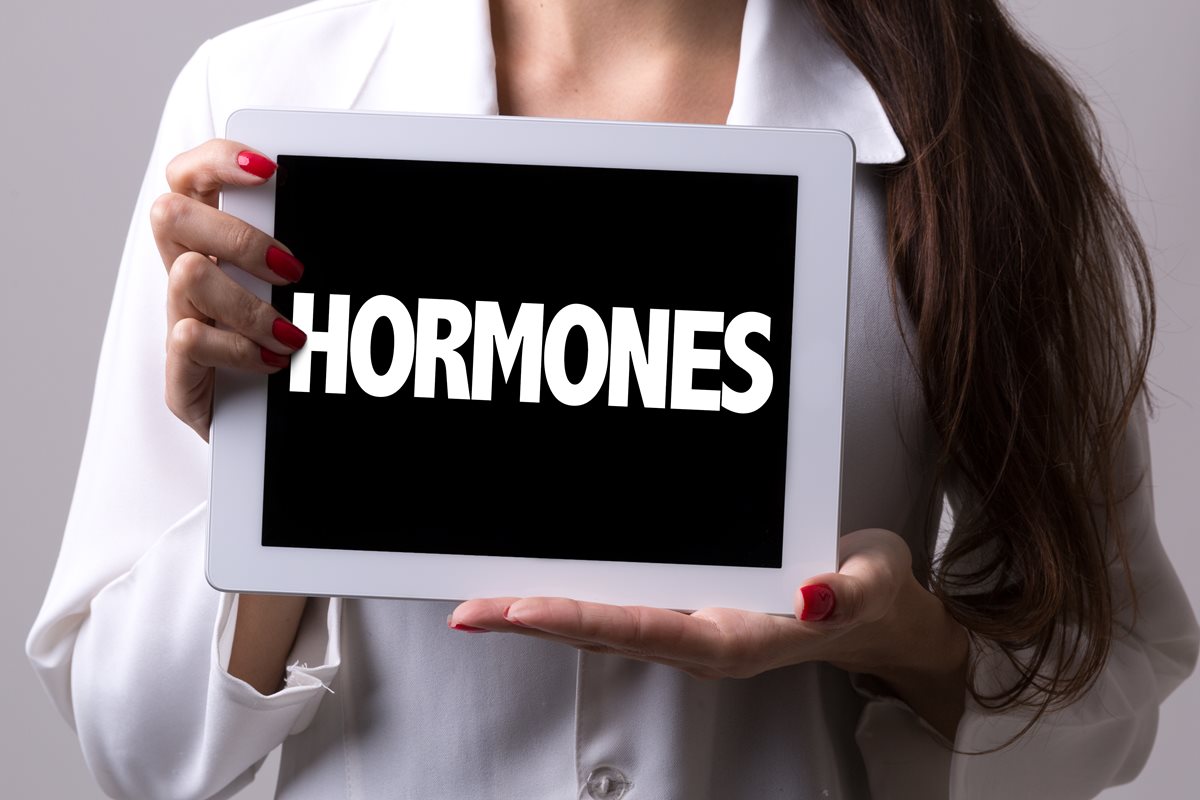Is It Fair to Accuse Estrogen of Causing Breast Cancer? Are There Two Sides to This Debate?
Your Menopause Question: Is It Fair to Accuse Estrogen of Causing Breast Cancer? Are There Two Sides to This Debate?
Our Response: On the surface, estrogen would seem to be the culprit causing breast cancer. Early studies suggested that eliminating functioning ovaries reduced the risk of breast cancer growth. In the 1890s, before estrogen as a hormone was even known, breast cancer was observed to regress if both ovaries were removed or in women advanced into menopause, both representing a decline in a substance produced by the ovaries. By the mid-1910s, animal models appeared to confirm a linkage between ovaries and breast cancer.
More recently, studies examining the duration of estrogen exposure reinforced estrogen’s risk to produce breast cancer. Women were at greater risk if they experienced early-onset menses or late-onset menopause, did not have children or had them later in life, chose not to breastfeed, were obese, or abused alcohol. These linkages were attributed to either estrogen-induced gene mutations or production of reactive oxygen species.
In 2002, the results of the ten-year NIH Women’s Health Initiative (WHI 1991 to 2002) were released, which by most news outlets, and even JAMA (Journal of the American Medical Association), seemed to solidify the opinion that estrogen causes breast cancer. In that study, women were given a placebo or PremPro®, a combination of Premarin® and medroxyprogesterone acetate, a synthetic progestin. Breast cancer was documented in eight more women per 10,000 women years than in the placebo group. Although PremPro® combines two different hormones, estrogen (Premarin®) received all the attention.
But wait! There was a second arm of the WHI study. In that arm, women with a previous hysterectomy were either given a placebo, or Premarin® alone, because the synthetic progestin was not needed to protect the uterus from overstimulation by the estrogen. The results showed a slight decrease in breast cancer incidence and mortality in the Premarin® group when compared to the placebo group. These results raised the possibility that the synthetic progestin, in concert with the estrogen, altered the integrity of the breast tissue. Subsequent studies have shown that, in the normal menstrual cycle, there is a natural sloughing of the breast ductal epithelium during menses that is prevented by synthetic progestins. Natural progesterone does not have that adverse effect.
Fast forward 19 years since the WHI results were published. Presented at the San Antonio Breast Cancer symposium in December 2019, postmenopausal women followed for 19 years who were from the original WHI study and randomly assigned to estrogen alone had a 23% reduction in breast cancer, whereas those women receiving estrogen plus progestin experienced a 20% increase in breast cancer.
Recent studies suggesting that estrogen alone may not cause breast cancer will not end this debate. But, the new data on the role of synthetic progestins, in combination with estrogen, should stimulate a broader conversation.
James Woods | 4/7/2021




